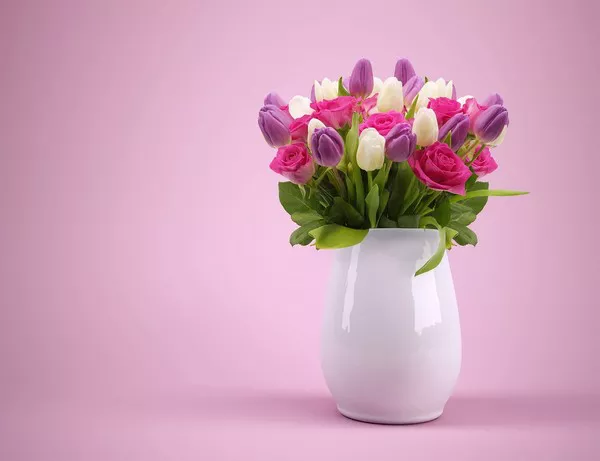Flowers have long been associated with symbolism and convey a language of their own. Each bloom carries a unique message, and carnation flowers are no exception. With their delicate petals and vibrant colors, carnations have been cherished for centuries and hold rich symbolism across various cultures. In this article, we will explore the meaning and symbolism of carnation flowers, shedding light on their significance in different contexts.
1. Ancient Origins and Cultural Significance
Carnation flowers, scientifically known as Dianthus caryophyllus, have a history dating back over 2,000 years. They are native to the Mediterranean region and were widely cultivated by the ancient Greeks and Romans. These civilizations assigned symbolic meanings to different flower types, and carnations were revered for their beauty and fragrance.
In Greece, carnations were associated with the worship of the goddess Zeus and were often used in ceremonial crowns and garlands. The Romans also held carnations in high regard and used them extensively in religious rituals and decorative displays.
2. Love, Admiration, and Affection
Carnation flowers have traditionally been associated with love, admiration, and affection. They are often exchanged as tokens of deep affection, friendship, and appreciation. The specific meanings attributed to different colors of carnations are as follows:
Red Carnations: Red carnations are a symbol of deep love and affection. They are commonly exchanged between romantic partners, particularly on special occasions such as anniversaries and Valentine’s Day. Red carnations represent deep passion and a strong emotional bond.
Pink Carnations: Pink carnations symbolize maternal love, gratitude, and admiration. They are often given to mothers on Mother’s Day or used to express appreciation and affection towards a loved one. Light pink carnations represent gentleness and admiration, while dark pink carnations convey gratitude and appreciation.
White Carnations: White carnations are associated with purity, innocence, and spiritual love. They are frequently used in weddings and symbolize the pure love shared between couples. White carnations are also often seen at funerals, representing love and remembrance for the departed.
3. Symbolism Across Different Occasions and Cultures
Carnations have played significant roles in various cultural and ceremonial contexts. Here are a few examples:
Mother’s Day: Carnations, especially pink ones, have become closely associated with Mother’s Day celebrations. They serve as a symbol of maternal love and are a popular gift to express gratitude and affection towards mothers and mother figures.
Weddings: Carnations have a long-standing association with weddings and are often incorporated into bridal bouquets, boutonnieres, and floral arrangements. Their elegant appearance and symbolism of love and purity make them a fitting choice for such joyous occasions.
Funerals: White carnations are commonly seen at funerals and memorial services. They symbolize love, innocence, and the everlasting nature of the soul. In some cultures, red or pink carnations may also be used to express deep love and sorrow for the departed.
4. Additional Symbolism and Meanings
Beyond love and affection, carnations hold additional symbolism and meanings. Some of these include:
Fascination and Distinction: Striped or variegated carnations, known as “picotee” carnations, are often associated with fascination and distinction. Their unique color patterns and vibrant hues make them captivating and eye-catching.
Luck and Good Fortune: In some cultures, carnations are believed to bring luck and good fortune. They are often used as a talisman or charm to attract positive energy and ward off negativity.
Endurance and Longevity: Carnations are known for their long-lasting blooms, and they symbolize endurance and longevity. This quality makes them an ideal gift for celebrating milestones, such as birthdays or anniversaries, signifying a lasting commitment or bond.
Conclusion
Carnation flowers possess a rich history and symbolic significance that transcends cultures and time. Whether it’s expressing love, admiration, gratitude, or commemorating significant occasions, carnations offer a versatile language of emotions. Understanding the meanings associated with different colors and contexts allows us to appreciate the beauty and depth of symbolism that these exquisite blooms carry. Whether given as a gift or used in celebrations, carnations continue to captivate hearts with their timeless allure and meaningful messages.


